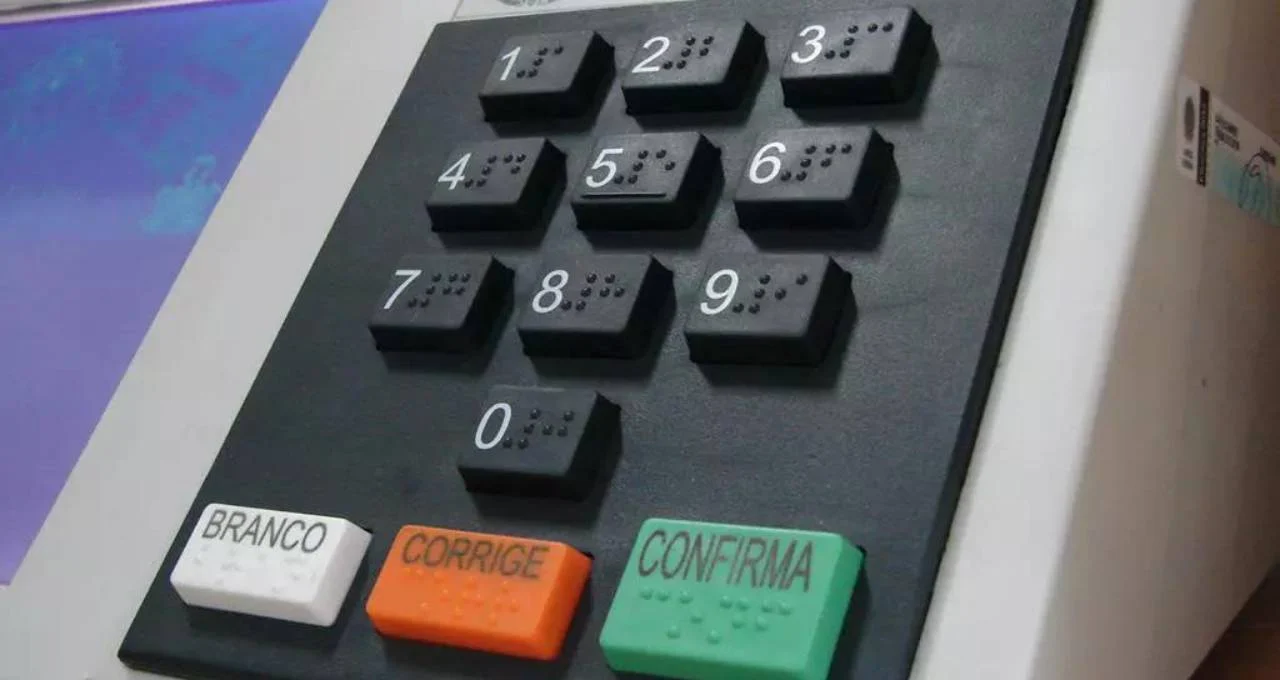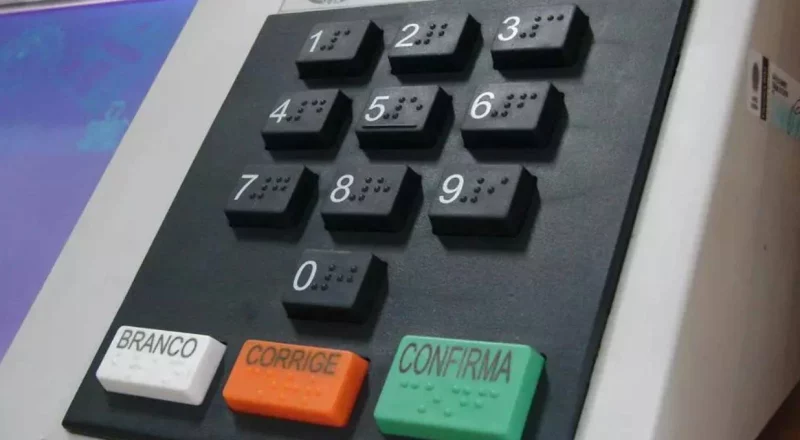
2024 Elections: Learn the role of each political position (Image: Agência Brasil/Archive)
With two weeks to go until the first round of municipal elections, many people do not know what the function of Brazilian political positions is.
According to a survey by Febraban in July 2024, 29% of people surveyed do not know how to differentiate the roles and responsibilities of municipal, state and federal administrations.
- What are the top “Money Picks” for this month? Money Times interviewed analysts from all over Faria Lima to find out; see the result here
To begin with, the Brazilian federal model works through the decentralization of power, to ensure good service provision to the population. In this way, responsibilities are divided between: Union (Federal Government), States and Municipalities.
Furthermore, within the Federal Government there is also a division between three powers: Executive, Legislative and Judiciary. The person who exercises the federal Executive Power is the President of the Republic, with the assistance of the State ministers.
According to the Constitution, the role of the Legislative Branch is to oversee and legislate the actions of the Executive Branch. Therefore, the responsibility for this role lies with the National Congress, which is made up of the Chamber of Deputies and the Federal Senate.
Finally, the structure of the Judiciary is made up of ministers, appellate judges, judges, public prosecutors, attorneys, public defenders, lawyers and civil servants in general, with the highest court being the Federal Supreme Court (STF).
Municipal election positions
This year's elections consist of the election of councilors and mayors for each municipality. It is worth remembering that the candidates elected to the positions of councilor, federal, state or district deputy (in the case of the Federal District) are chosen by the proportional system.
According to the TSE, this model indicates that the party receives the vacancies, not the candidates. In other words, the voter chooses his or her candidate from among those presented by a party.
However, before knowing whether the candidate you voted for will occupy a seat in the Legislative Branch, it is necessary to know which parties were victorious in the election.
After that, within each party that obtained a minimum number of votes, it is necessary to know, among the candidates with the most votes, which ones will occupy the vacancies allocated to the parties.
Mayors
The Mayor is the executive authority at the municipal level, and is responsible for managing the city's interests in conjunction with the City Council. As such, it is the mayor who must implement public services and policies to ensure the well-being of the population and the development of the city.
Councilors
The main function of council members is to monitor and demand government action so that the city's resources are properly applied by the city government. In addition, another duty of the position is to draft and vote on municipal bills, which will be evaluated by the Legislative Assembly.
Other political positions
Governor
The governor is the highest state position, having direct contact with the President of the Republic and mayors. In addition, the governor is responsible for the member state he leads.
Therefore, the position involves control of the civil and military police, with public safety under its responsibility, as well as state budgetary control.
State Deputy
State and district deputies represent the local population and make up the Legislative Assemblies and, in the case of the Federal District, the District Chamber. They are responsible for drafting and approving laws that are related to the daily lives of the state's population.
Monitoring the actions of the Executive Branch is also one of the responsibilities of state deputies. In addition, state deputies decide the salaries of governors, but they are not responsible for changing civil, labor or criminal laws.
Federal Deputy
Unlike state representatives, federal representatives are the people's representatives in the Chamber of Deputies, elected by the proportional system. Each state can have a minimum of eight representatives and a maximum of 70, with a four-year term.
Thus, it is up to federal deputies to create laws at a national level, and they can also suggest changes or the repeal of existing laws. These proposals will be voted on by the Plenary, or by the Committees, when necessary.
Senator
Senators are responsible for voting on bills within the Federal Senate, in addition to prosecuting and judging the President of the Republic, military commanders and members of the STF, should they commit crimes of responsibility.
- HAVE YOU ALREADY DOLLARIZED YOUR ASSETS? Money Times interviewed an analyst who is releasing a free portfolio with 10 American stocks to buy now. Click here and access.
In addition, senators also have the role of allocating budget resources and acting to monitor the actions of the Executive Branch. Members of the Senate serve on thematic committees and in the Plenary and may be part of commissions of inquiry, the CPIs.
President
The President of the Republic represents the highest authority in the country, being the head of the Executive Branch. The President is responsible for directing domestic and foreign policy, in addition to appointing ministers of state responsible for coordinating the government's actions in specific areas.
The president's duty is to sanction, promulgate and publish laws approved by the National Congress. In addition, the president performs functions such as vetoing bills, decreeing federal intervention, signing international treaties and issuing provisional measures.
